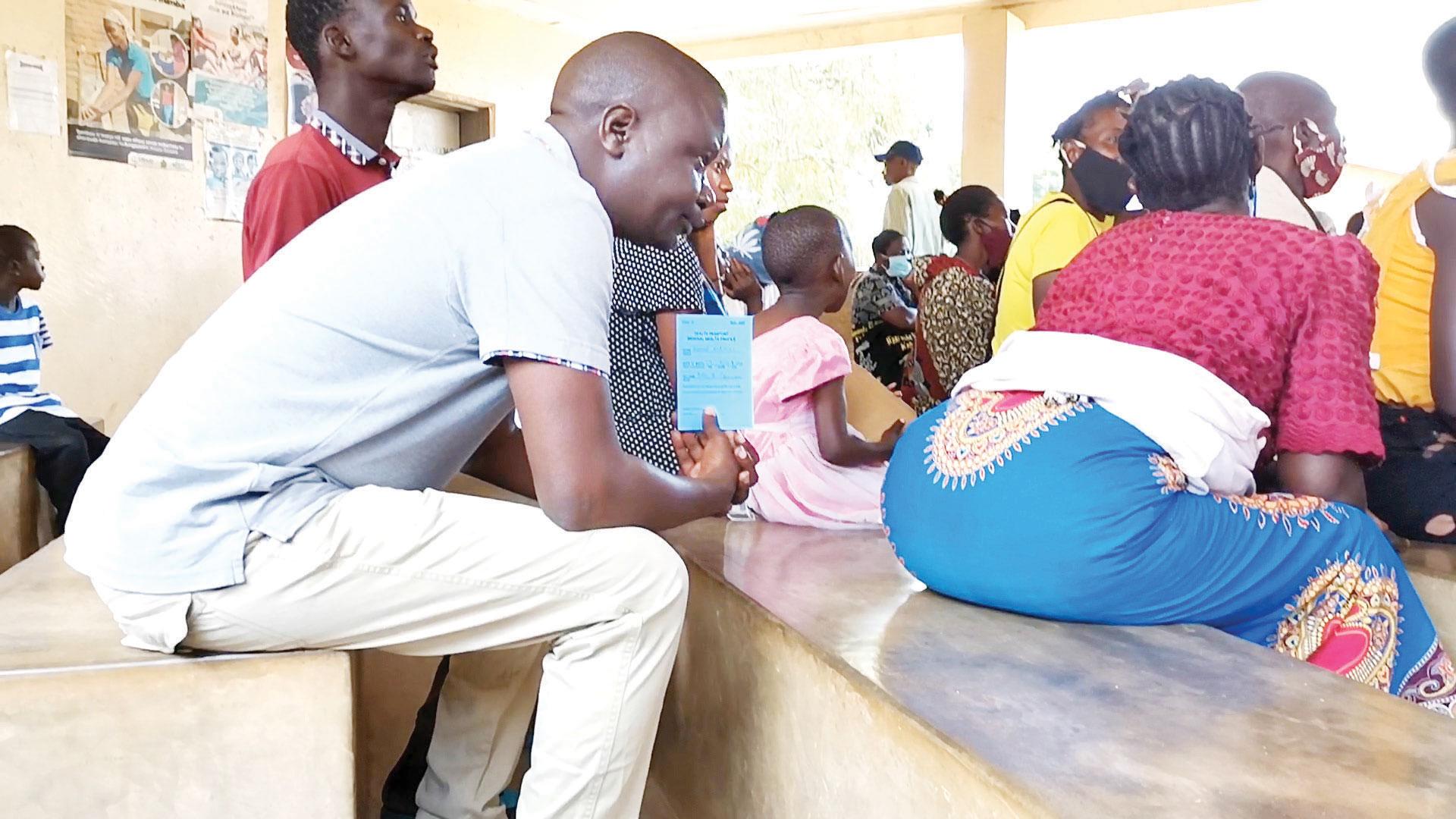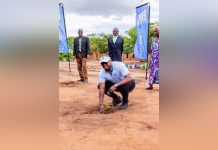Africa-Press – Malawi. At a time many countries, including Malawi, are striving to improve provision of healthcare, Malawi News has established that it is quite a challenge in some public hospitals to access Post-Exposure Prophylaxis (Pep), a combination of drugs which is taken after being exposed to HIV. Apparently, this leads to high risk of people transmitting HIV despite the government’s policy to end HIV as a public health threat by 2030.
Malawi News
investigations have revealed that some people stay for seven hours or more at a health facility to access the emergency drug while others are told to come after some days in order for them to access the essential drug.
I picked Karonga and Chitipa hospitals as my case study. I made my first stop at Karonga District Hospital; I decided to go with a ‘partner’ in order to win the trust of the health workers in the hope of accessing services quickly.
I took into consideration that most of the times, it is sex workers who try to access the drug hence my decision to pose as a client to one, Queen Banda (real name hidden).
We engaged a sex worker to help us in accessing the drugs. As early as 8:00 am the next day, we were at Karonga District Hospital as a couple to access the drug.
They kept pushing us from one door to the other and some patients with whom we were together on the queue, pointed out to us that buying in private-run pharmacies is simpler than getting it for free at the public hospital.
When it was our turn to enter the examination room, we were told that they cannot give us the drug unless we are tested HIV negative. I refused to be tested and excused myself, but my partner continued the process.
From the door where I stood, I could hear health workers mocking her. “It’s tough to get the drug dear but I will get it because I have already started the process,” she said.
She tested negative and waited for another two hours to be given the drug. The entire process took six hours. On Friday March 11, 2022, I travelled to Chitipa District Hospital and I experienced a similar challenge.
I went to the Open Patient Department (OPD) and followed the required process but what shocked me was the first response I got from the nurse after I explained that I had unprotected sex the previous night.
“If that is the case, then come on Monday, you will be assisted accordingly,” she said.
However, after reasoning with her by lying that I am a visitor heading to Likoma, she requested me to wait so that she could ‘consult’. Later, the entire process of getting the drug started, just like my experience in Karonga and I got it after three hours.
Chitipa District Hospital Public Relations Officer Masida Nyirongo expressed surprise at the development and asked for more time to consult before responding on the matter.
Karonga District Director of Health and Social Services Doctor David Sibale described the development as a shock, saying in normal situations, the process takes 30 minutes. However, Sibale said the delay might be because of the limited number of staff working in the testing room.
“This is unprofessional, if it really happened. The mockery was bad otherwise we are supposed to treat our clients with due respect, without blaming them for any circumstances that landed them in their predicament,” Sibale said. Malawi Health Equity Network (Mhen) Executive Director George Jobe said the development is a setback in fighting new infections of HIV.
“We might think that the delay might be aimed at forcing people to give some health workers money in order to use shortcuts to access the drug. This should not be accepted, and it is frustrating government efforts in fighting HIV in the country,” Jobe said.
But Director of HIV and Aids in the Ministry of Health Doctor Rose Nyirenda said despite Karonga and Chitipa districts’ HIV burden being low, health workers are not supposed to relax, saying the government’s dream is ending HIV as a public health threat by 2030.
“The problem is that we have some recruits who have joined hospitals and they are not aware of some of the critical services provided at the hospital.
“I have also noted that there might be some laxity in the said hospitals and this will be followed up and dealt with accordingly because it is in line with policies,” Nyirenda said.
My visit to pharmacies in both Karonga and Chitipa districts did not yield much as I could not find the Pep drug and was instead referred back to the districts’ public hospitals. Pep is taken within 72 hours before or after a possible exposure to HIV to prevent infection and it is a 30-day dosage.
For More News And Analysis About Malawi Follow Africa-Press






